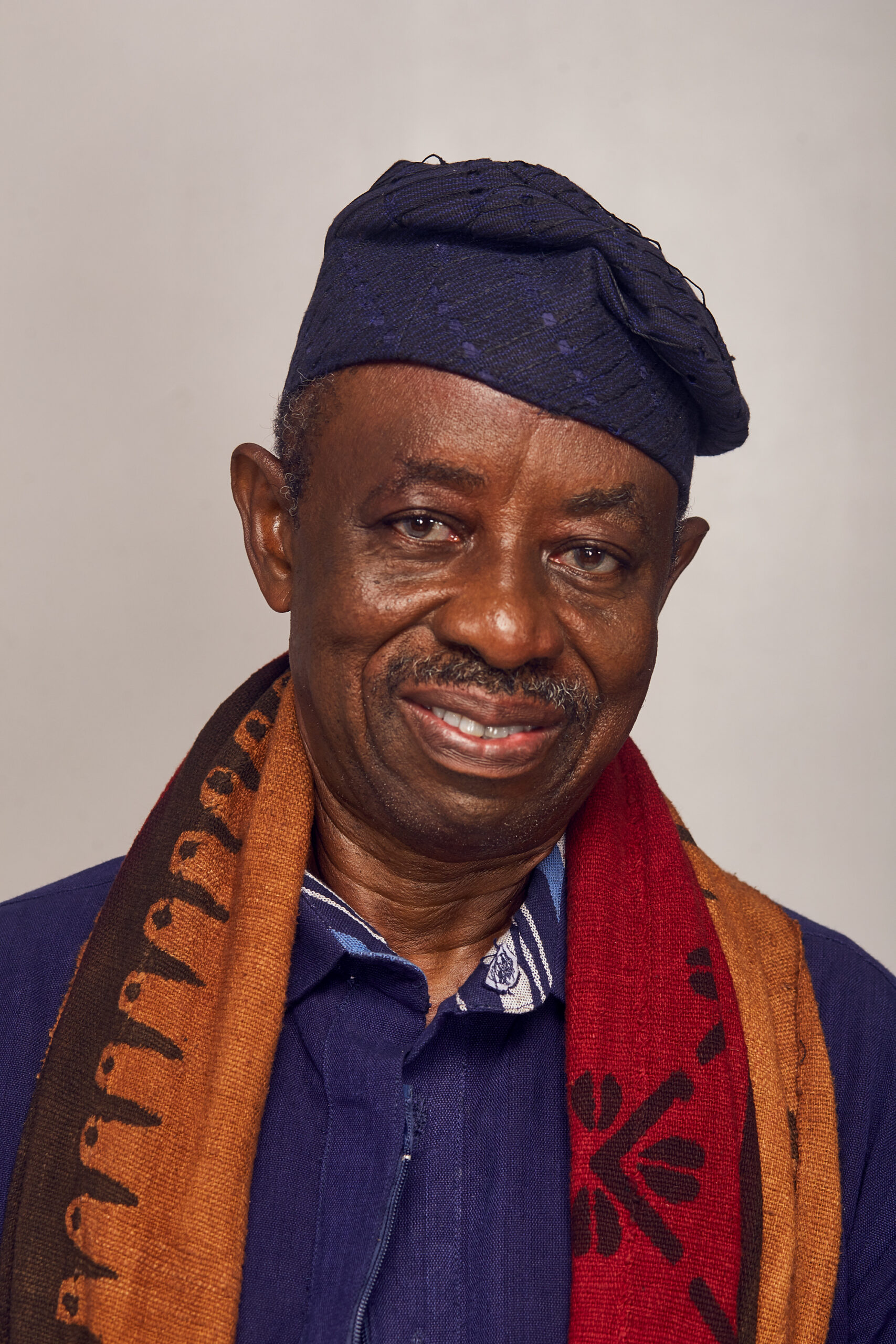Tunde Kelani’s ‘Cordelia’ to screen at New York festival
‘Cordelia’, the latest film by veteran filmmaker and cinematographer, Tunde Kelani, has been selected to be screened at the 30th New York African Film Festival. The film will be screened at the Francesca Beale Theater, New York, on Monday, May 15, by 7:30 pm. The Francesca Beale Theater is a state-of-the-art 140-seat house featuring plush […]

Tunde Kelani
‘Cordelia’, the latest film by veteran filmmaker and cinematographer, Tunde Kelani, has been selected to be screened at the 30th New York African Film Festival.
The film will be screened at the Francesca Beale Theater, New York, on Monday, May 15, by 7:30 pm. The Francesca Beale Theater is a state-of-the-art 140-seat house featuring plush seating and cutting-edge technology for programs that range from filmmaker retrospectives to international festivals, sneak previews, and highly anticipated new releases.
The film, a romantic period drama, was adapted from Femi Osofisan’s novella. Kelani told newsmen in Abeokuta, Ogun State, that “Cordelia is about cultural diversity and a collaboration with the Department of Music, University of Delaware, in the US.”
He added that “It’s part of a big project called cultural fusion.”
The legendary filmmaker said, “Almost the entire film was shot at the University of Ibadan.”
Tunde Kelani’s ‘Dazzling Mirage’ debuts on Netflix
You can refer to me as a misfit – Tunde Kelani
Kelani said “Cordelia is a film set in Nigeria during the early 90s under military rule. The story follows a university professor who unwittingly becomes embroiled in a military coup. Cordelia reminds us of our past as we give democracy another chance later this month.”
He described the project as “complex and challenging, but the outcome was worth the effort.”
The filmmaker said, “The process of bringing the film, Cordelia, to life was a collaborative effort that spanned different continents and cultures. As a filmmaker, I have always sought to promote cultural diversity in my films and celebrate the rich heritage of Africa’s many cultures and languages.
“This is why I was excited to collaborate with Professor James Anderson, the Director of Orchestral Activities at the University of Delaware and founder of the UD Cultural Fusion Initiative.
He continued, “Nigeria is a country with over 250 languages, different cultures and traditions. As an African filmmaker, it is crucial to celebrate and inspire the diverse cultures of Africa and preserve our heritage for future generations. James’ innovative Cultural Fusion Initiative allowed us to collaborate across borders and cultures to create a unique film that celebrates our diverse backgrounds.
“During the production of the film Cordelia, I exchanged a series of letters with Professor James Anderson. In one of my letters, I jokingly suggested a different title for the film, “A Baby with A Dozen Mothers?” To my surprise, James responded positively, saying “Sounds good, she only has one papa; I hope you are proud of this as I am.” Our collaboration on the Cultural Fusion Initiative was as dramatic as the story of Cordelia itself.”
Kelani further revealed the intricacies of making the movie saying, “The collaboration involved two levels. The first level was in Nigeria, where Cordelia was written by Prof. Femi Osofisan and adapted for the screen by me, with the help of a talented cast, crew, and a Nigerian composer, Michael Ogun- lade.
“The second level took place at the University of Delaware in the US, where a premiere of Cordelia was held. American student orchestras played the music score while the film was shown to a live audience. The project involved about seventy-five musicians, including student orchestrators and arrangers, a four-time Grammy-winning recording engineer, and faculty members from the School of Music. The recorded and edited music was sent to us in Nigeria for the final sound mix of Cordelia, which will be presented at the New York African Film Festival in mid-May 2023.
“The project was complex and challenging, but the outcome was worth the effort. The collaboration brought a unique perspective to the music score of the film, resulting in a compelling and captivating narrative for the audience. Cordelia is not just my film; it is our film. It is a product of collaboration with people from different cultures and backgrounds, united by a creative force without boundaries. This project suggests peace and harmony in the world we live in, and I am proud to have been part of it.’
